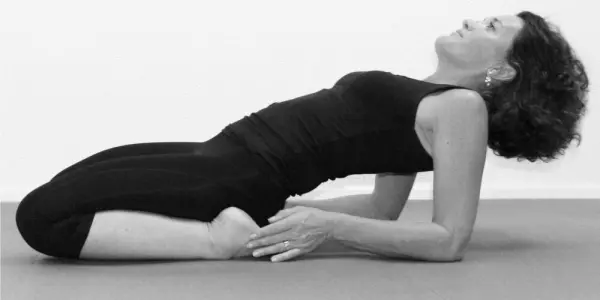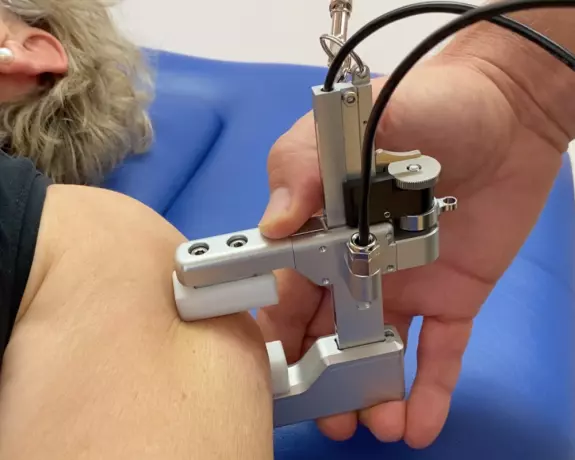
iXpending®– fascia drainage In iXpending you will learn to decongest your organ and mus...
Portal and digital medical technology fair of the largest MedTech cluster in Germany

Training seminars & training for therapists...
Academy - train yourself where others go on vacation With advanced training at the Swiss Academy...

Cibionic® - diagnosis & treatment instrument...
Sustainable therapy results in the shortest possible time - world first Cibionic® With the Ci...

Boeger therapy: Relieves pain and restricted...
Boeger® therapy The Boeger therapy relieves pain and movement restrictions, which are caused...

Some of the best Therapy courses are based on systemic approaches. For example, one course may focus on the family of origin, while another may focus on transgenerational relationships. This course will give you a holistic understanding of the therapeutic process. This means that you'll learn how to work with children, adolescents, and adults. However, it's important to remember that the best courses will be interdisciplinary, and they'll include a variety of methods.
Some of the most important topics covered in therapy courses include the treatment of trauma. For example, students will learn about psychodynamics and how to effectively treat the individual. The course will also address the theoretical and practical business aspects of setting up a group. The first half of the course focuses on a study of the anatomy of the body and the development of the psyche. This is a great place to start. Once you have a general understanding of how systems work, you can choose to apply that knowledge in your work.
The second half of the first year includes a clinical internship. Students will practice in a professional setting for ten to fifteen hours per week, under the supervision of clinical supervising faculty. During the internship, students will receive weekly supervision, including direct observation, group discussions, and audio/video recordings of their student sessions. This course is mandatory for all therapy programs at the University of Washington, but it is highly recommended that you take it. During the internship, the goal is to develop a deeper understanding of yourself as a practitioner. The emphasis will be on your understanding of your own life and how that plays a role in working with systems.
Throughout the course, students will develop an understanding of the legal issues that surround the practice of therapy, including confidentiality, dangerousness, and malpractice. They will develop a strong awareness of the importance of ethical practice and develop their own personal values. In the end, the course will also help them develop a strong professional identity as a family therapist and become familiar with the ethics of their work. These are just some of the many ways that therapy courses can benefit students.
The first course in a Therapy course will teach students about the various aspects of the profession. They will learn about the role of physical therapists in the health field, and how to apply research to their clinical practice. In addition, they will learn how to design a care plan for their clients. Once they've been trained in the field, students will begin to implement these goals in their professional practice. They will begin to understand how to treat clients with physical disabilities and how to help them improve their lives.
Humanistic therapy focuses on helping people be true to themselves. It emphasizes unconditional positive regard, which means that a therapist will accept a patient regardless of the level of disagreement. This approach helps people cope with negative judgment. A typical humanistic therapy course will involve a combination of self-directed work and a therapist who helps them make decisions. There are many different approaches to humanistic therapy, and it's important to choose the one that works best for you.
Become a digital exhibitor yourself in the online portal of the largest and best-known MedTech cluster region in Germany and inform the world of medical technology about your products and services as well as about news, events and career opportunities.
With an attractive online profile, we will help you to present yourself professionally on our portal as well as on Google and on social media.